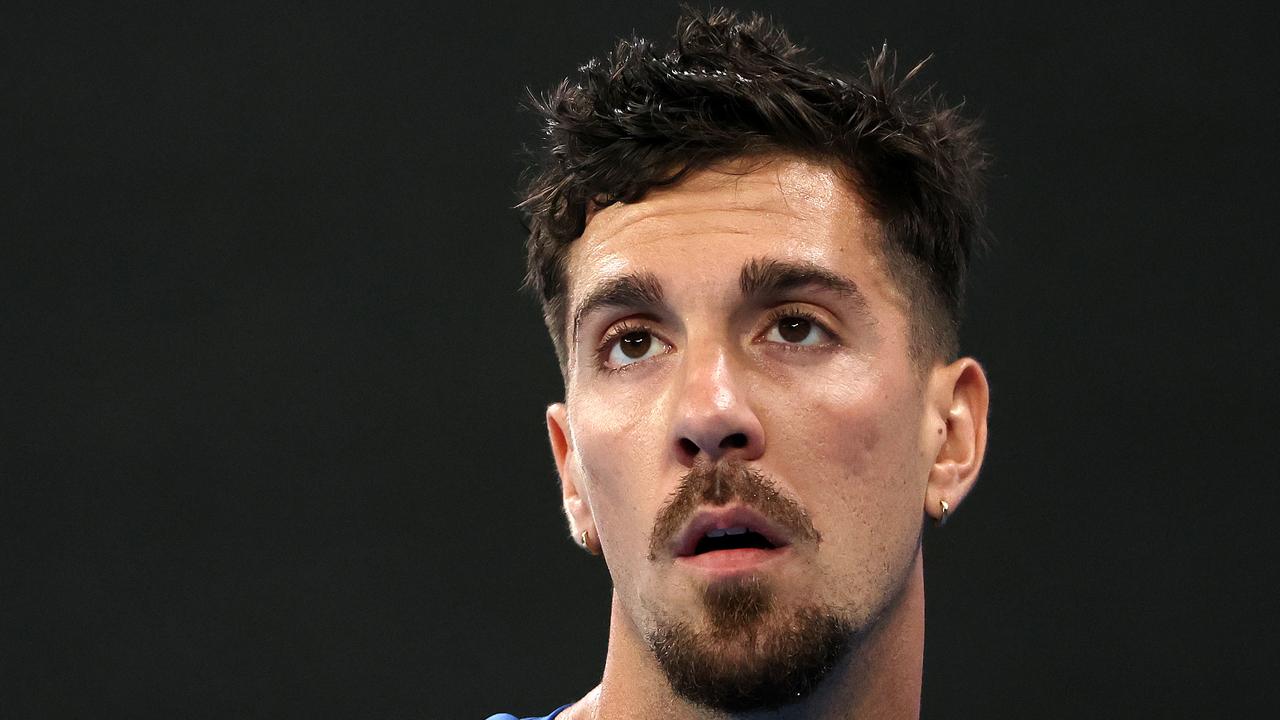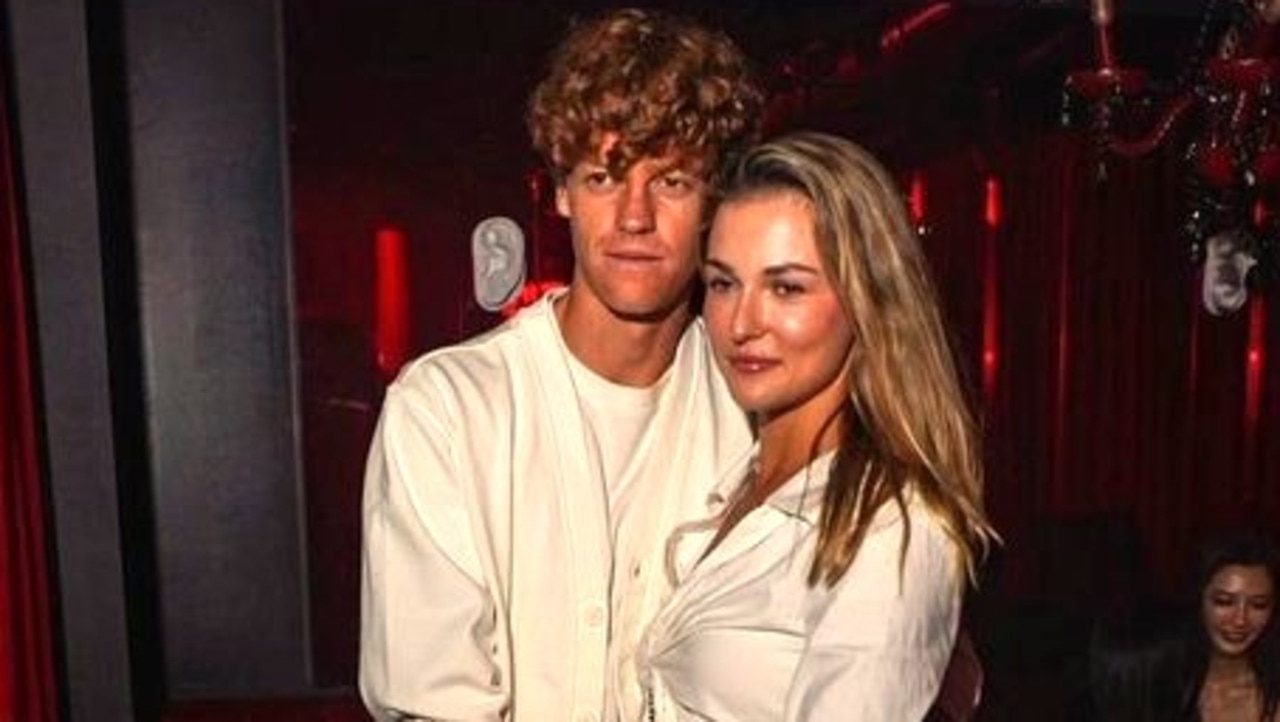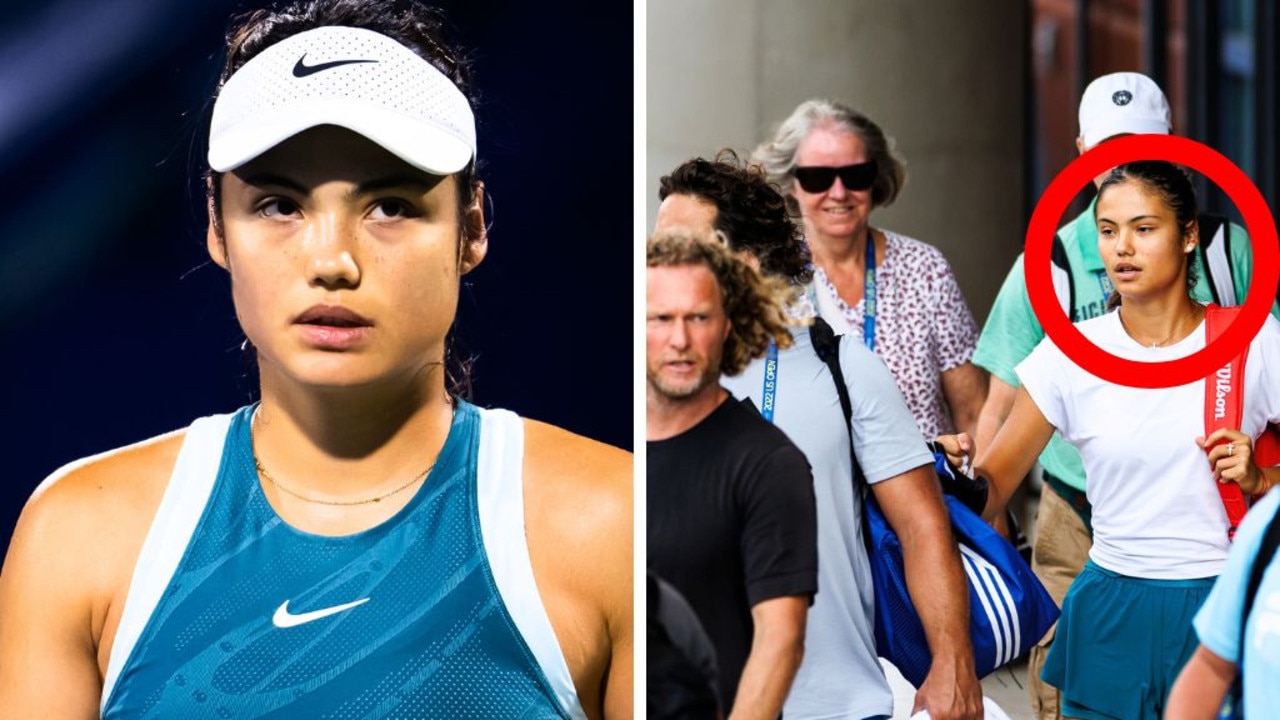Roger Federer stays silent as tennis civil war explodes
Professional tennis is tearing itself apart at the seams as players and officials go to war, leaving the sport’s future hanging in the balance.
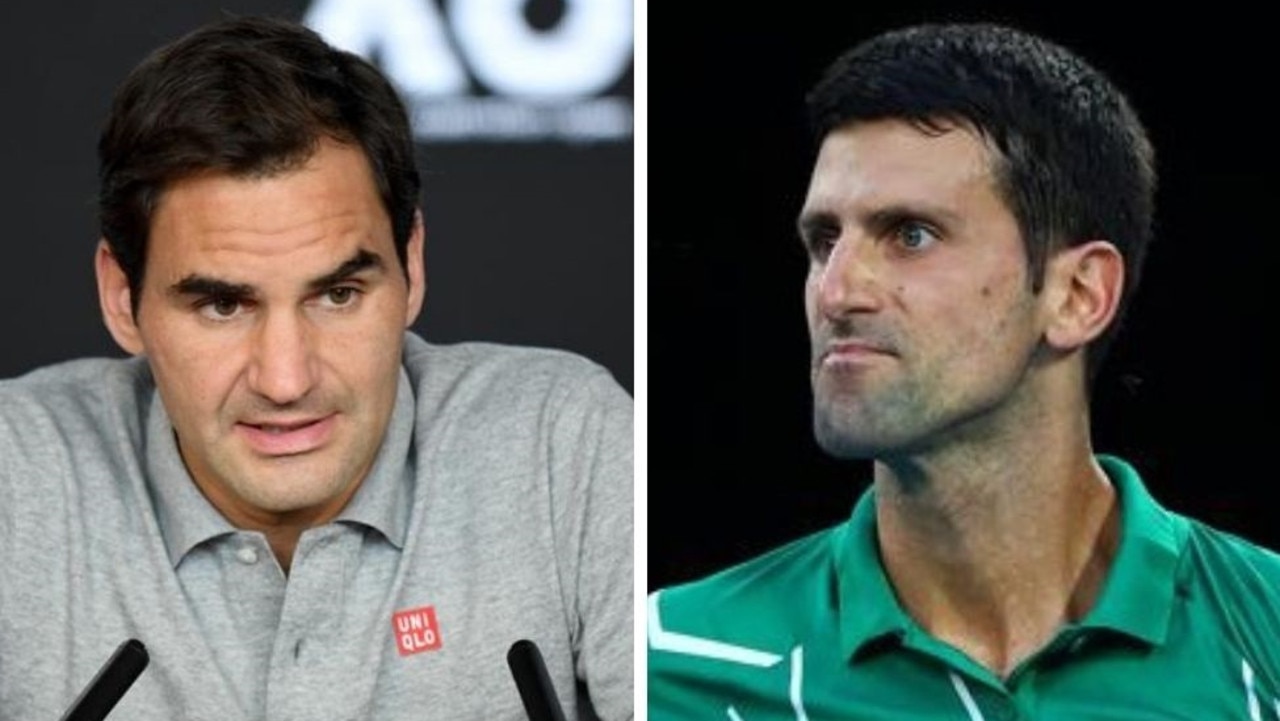
Tennis is at war with itself as the fight between players and administrators threatens to reach the point of no return.
Angry players — predominantly male, it must be said — are speaking out publicly about being exploited by governing bodies (the ATP in the men’s case) and campaigning for a greater say in how the sport is run and the compensation they receive.
Watch Tennis with beIN SPORTS on Kayo. Live Coverage of ATP + WTA Tour Tournaments including Every Finals Match. New to Kayo? Try 14-Days Free Now >
So let’s take a look at what’s going on behind the scenes of a movement that is capturing the attention of the world’s biggest stars — and noticeably, drawing silence from others.
What exactly is the beef?
Last year, several players on the ATP Player Council quit and revealed their intention to start a breakaway group to act in the interests of players, some of whom felt they were being short-changed.
World No. 1 Novak Djokovic led the charge to form the Professional Tennis Players Association (PTPA), joined by the likes of Canadian Vasek Pospisil. The aim was to form a players’ union of sorts that could negotiate with tournaments on issues such as prizemoney, rather than relying on the ATP to do so.
In particular, the dissenters seemed to be agitating for a greater percentage of total tournament revenue to be dedicated towards prizemoney, arguing players receive a disproportionately small amount of the cash they help bring into the game.
As COVID-19 crippled the sport financially and heaped even more pressure on lower-ranked players already struggling to get by, Djokovic and Co. felt on-court talent deserved a more influential seat at the table when it came to major decisions being made by tournament organisers and officials, as well as the ATP.
The proposal wasn’t universally celebrated, though. Notably, Roger Federer and Rafael Nadal both opposed the split, adamant everyone needed to stick together — players and the ATP — given the unprecedented crisis caused by the pandemic.
“I personally believe these are times to be calm and work all of us together in the same direction. It is time for unity, not for separation,” Nadal said at the time. “We all, players, tournaments and governing bodies have to work together. We have a bigger problem and separation and disunion is definitely not the solution.”
Federer agreed, tweeting: “These are uncertain and challenging times, but I believe it’s critical for us to stand united as players, and as a sport, to pave the best way forward.”
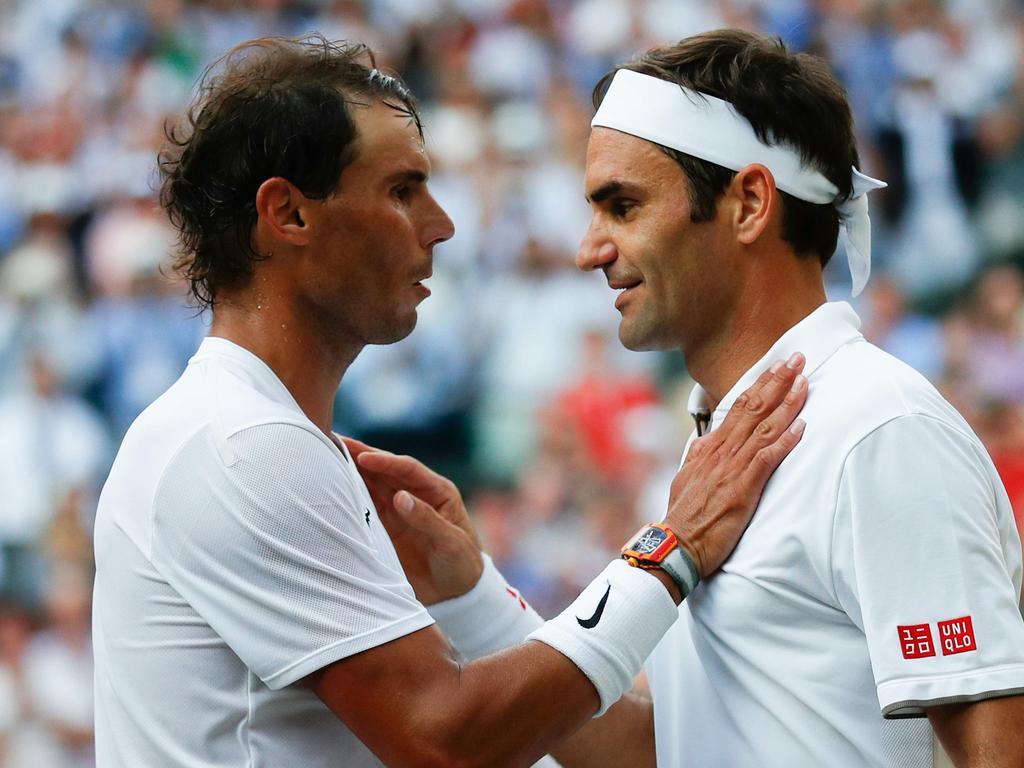
Why is this a hot topic now?
Nothing concrete has been unveiled by the PTPA since last year, either in terms of an agenda or accomplishments, but the issue was revived when Pospisil erupted in a furious rant in his first round match at the Miami Open.
He lost to American Mackenzie McDonald and was handed a code violation and point penalty for an angry dummy spit, before his temper boiled over completely and he lashed out at ATP chairman Andrea Gaudenzi following a meeting the day before.
“An hour-and-a-half yesterday, the chair of the ATP, f***ing screaming at me in a player meeting for trying to unite the players,” Pospisil told chair umpire Arnaud Gabas.
“For an hour-and-a-half … the leader of the ATP … get him out here.
“F***ing a***hole. If you want to default me, I’ll gladly sue this whole organisation.”
Players speak out — but Federer stays silent
Normally, a tantrum of that degree would provoke the usual scolding from tennis fans but in Pospisil’s case, it sparked a wave of support from fellow players quick to defend his frustration.
Some of Pospisil’s colleagues who stood up for him and voiced their support for players to be better supported included: Ryan Harrison, Denis Shapovalov, Ivo Karlovic, John Isner, Milos Raonic and, of course, Djokovic.
“Concerning matters at hand, I am not in Miami. However Vasek Pospisil is my good friend and I empathise with him wholeheartedly,” Djokovic tweeted. “Players on tour would agree that he is an individual of the highest integrity who cares about the wellbeing of his fellow competitors.
“I am hopeful players recognise the importance of standing together.”
Shapovalov voiced his anger at the ATP administration in Miami, throwing his support behind the PTPA.
“I’m definitely on the side of the PTPA,” the young Canadian told reporters. “I think we are not under-represented, but I think there (are) ways that we could be represented better.
“They (the ATP) just tell us to go play. In my opinion, it’s not right.
“They shouldn’t … talk to us like that if we’re partners.”
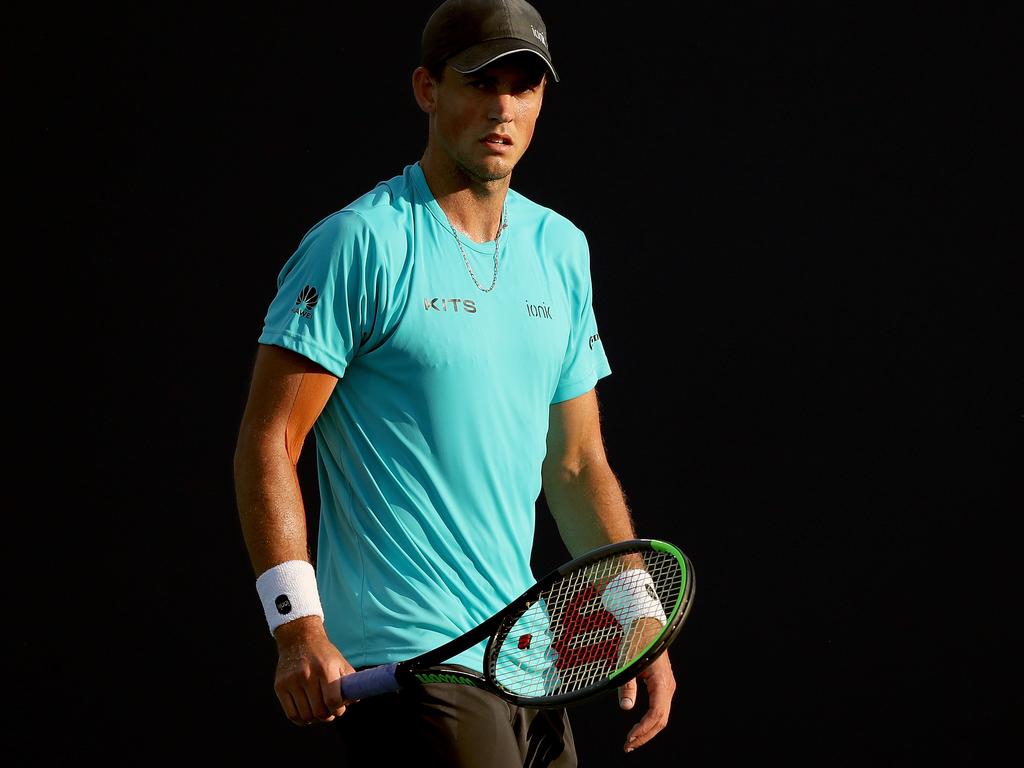
Interestingly, the stack of players who vented on social media all did so with the hashtag #playersvoice.
However, Federer and Nadal have been conspicuously silent on the matter in the past week. Importantly, both men are on the ATP Player Council — having remained in their positions even when Djokovic and Pospisil split — so are naturally sceptical of a breakaway group, given they believe working with the ATP is the best way to achieve desirable outcomes.
Neither Federer nor Nadal are playing in Miami, so have not had to front press conferences and answer questions about the fractured state of tennis. The pair have both posted on social media since Pospisil’s outburst, but not about sport’s perilous position.
While two of the most decorated players in tennis history bite their tongue, Alexander Bublik has been a rare example of a player actively opposing the PTPA this past week.
“I’m not with PTPA,” the world No. 44 said in Miami. “I enjoy what I make. Of course if Novak makes me earn more, I’ll say thank you. But I won’t fight for it.
“At the end of the day, ATP feeds us, and I don’t want to go against it because I don’t see anything that Novak or Vasek can really sue them for.”
What exactly do the players want and why are people criticising them?
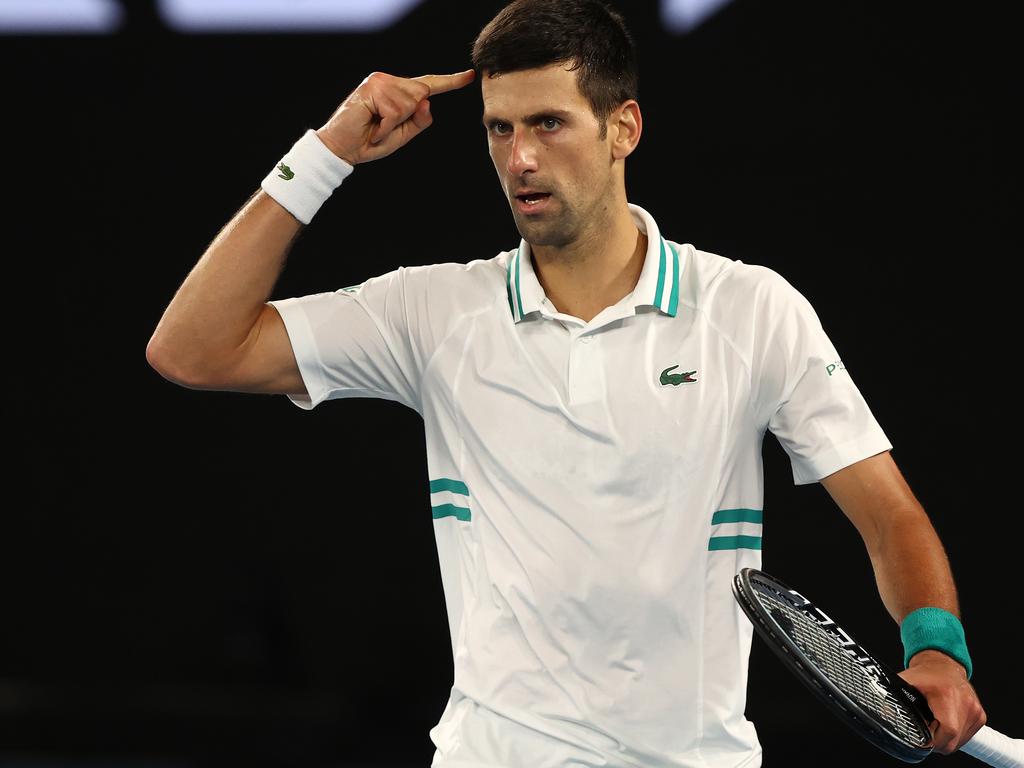
Few would argue against tennis players being paid what they deserve and reducing the huge disparity between what the top tier earns compared to their lower ranked comrades — a problem that has long existed in the sport but became more of a burning issue given the devastating financial impact of coronavirus.
Overall, it’s assumed addressing those problems would be high on the PTPA’s list of priorities. But here’s where the problems arise.
Pundits and commentators have called out the PTPA for failing to provide a clear message about what exactly it wants to change, and how it plans to go about affecting those changes. There’s no mission statement, no detailed list of concerns or goals, and no suggestions of possible solutions.
Broadcaster Catherine Whitaker told The Tennis Podcast this week: “We still haven’t seen a detailed, comprehensive list of the concerns and what they hope to achieve. We now just have a hashtag — that’s the only development.
“Let’s hear the details of those concerns and the evidence to back it up.
“Let’s hear the case.”
Veteran tennis journalist Jon Wertheim agreed, tweeting: “This is the pity … these guys have valid points/complaints and have facts on their side. But the message is so muddled, it confuses the public and drives away moderate players.”
Ben Rothenberg of the New York Times was another to criticise the PTPA’s haphazard approach. “PTPA needs to use their #PlayersVoice to pick up a phone and hire a communications professional because their messaging is just so subpar,” he wrote.
“They need a strategy that actually involves getting their point across, because I do still think they probably have one, somewhere in there.”
Players pinpoint their major gripes
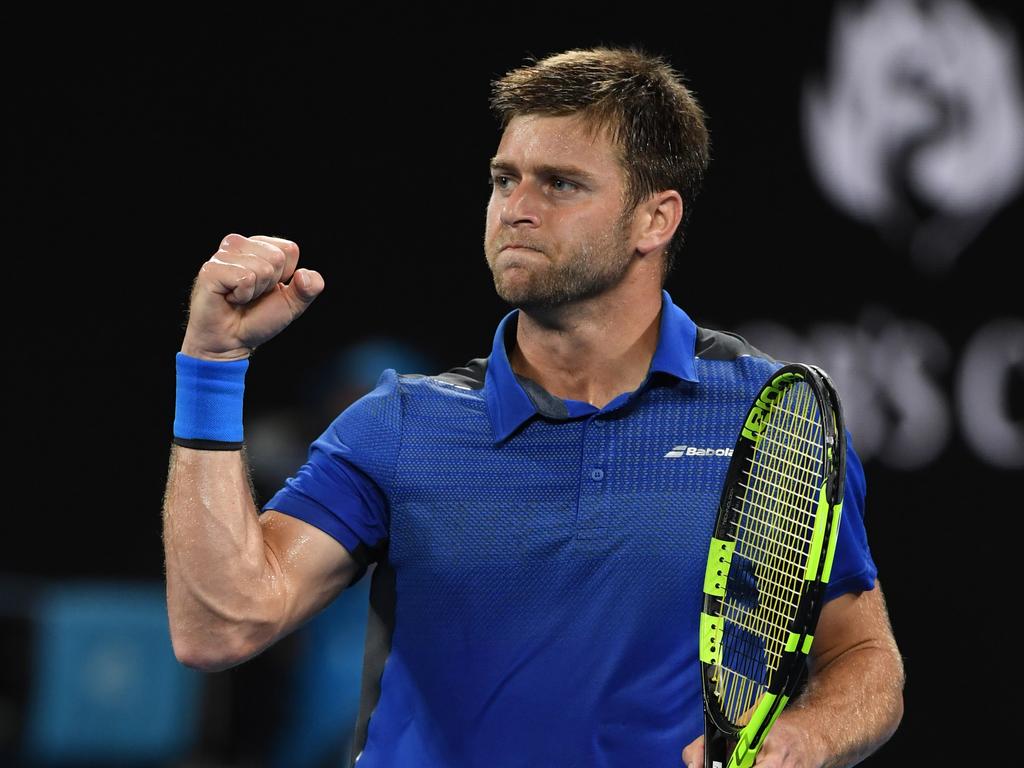
Some players took the criticism on board, and have since tried to clarify their position.
Japan’s Taro Daniel tweeted: “The message is that we need an independent organisation that’s sole purpose is to represent players interests by professional businessmen/lawyers etc.
“Currently we are lacking in a single presence within the industry repping us.”
American world No. 531 Ryan Harrison issued the most detailed response of all to concerns about the PTPA’s mixed messaging as he painted a picture about why players are agitating for change.
“The feeling among a lot of players is that the ATP doesn’t want the players to be represented by an institution that solely represents players with no conflict of interest,” Harrison wrote in an open letter on social media.
“It’s puzzling to players that the ATP would perceive the players wanting representation as a problem.
“If there was true fair treatment and there was an actual belief that the players’ best interests were being sought after then they would have no problem with us having representation.”
Harrison said players need more than just seats on the ATP Player Council, because they do not have the same professional expertise and experience necessary to adequately address issues affecting them in what is essentially their workplace.
“I believe it’s necessary to have people with experience in areas that us as tennis professionals are not trained to excel,” he wrote. “Most players like myself have been athletes our whole lives (with the exception of those who went to college prior) and don’t know that much about the legal system of business negotiations and equitable division of revenue.
“It’s my belief that the ‘Player Council’ is not in the best position to succeed because it lacks this asset. That is why I am in support of the PTPA.”
What comes next?
Whether this groundswell of support for the PTPA leads to meaningful action being taken by Djokovic and his supporters remains to be seen.
Perhaps they learnt from their mistakes last year in not seizing the moment and will take advice on board from those worried about a lack of clarity to make its official position known.
Or maybe the confusion will continue and Pospisil’s outburst will be forgotten in a month, with few changes in the works.
Whatever happens next, it will be interesting to see what Federer and Nadal have to say about it, when that time finally comes.


